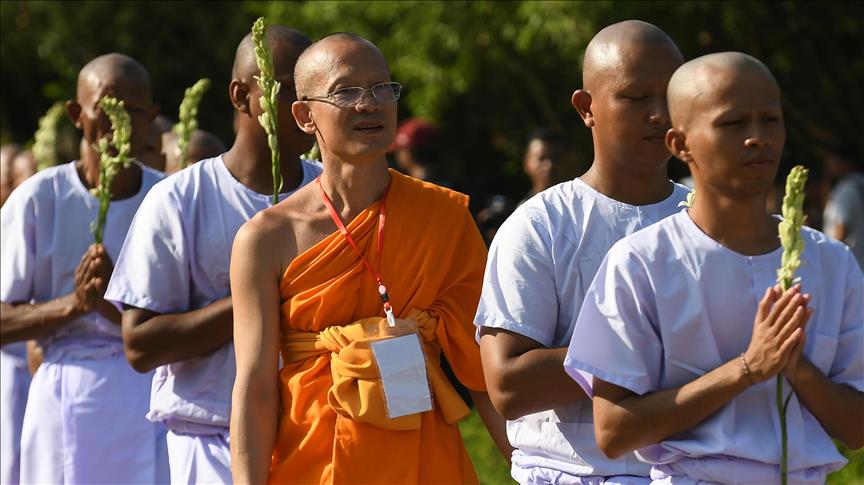The country's oil minister, Diamantino Pedro Azevedo, announced the decision on state broadcaster TPA, saying the decision was not taken lightly, but OPEC membership no longer served the African country's interests.
'If we remain in OPEC, Angola would be forced to cut production, and this goes against our policy of avoiding decline and respecting contracts,' Azevedo said.
As an OPEC member since 2007, Angola ranks third among countries with the highest oil reserves in Africa.
OPEC's latest monthly oil market report shows the country’s daily oil production decreased by 37,000 barrels in November to 1.3 million barrels.
Angola is also among the members that have seen the largest oil production losses this year.
Fereydoun Barkeshli, the president of the Vienna Energy Research Group, told Anadolu that Angola has been struggling with production quota compliance since it joined OPEC.
“Angola has already passed its peak oil production,” Barkeshli said, adding that the country is currently producing slightly over 1 million bpd.
Angola is not the first country to leave OPEC, Barkeshli said.
The 13-member OPEC group has suffered from several membership terminations since it was founded in 1960 to coordinate the petroleum policies of its members and provide member states with technical and economic aid.
Indonesia quit in November 2016, followed by Qatar in January 2019 and Ecuador in January 2020. Gabon, a permanent member since 1975, left the group in 1995 but rejoined in 2016.
The Iranian expert voiced concerns that Angola’s decision may cause a misconception that the market takes care of itself and that “the international oil market may not require any further management.”
